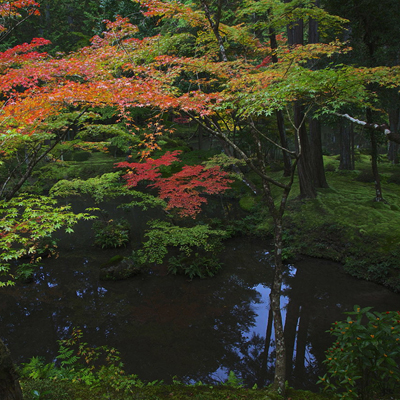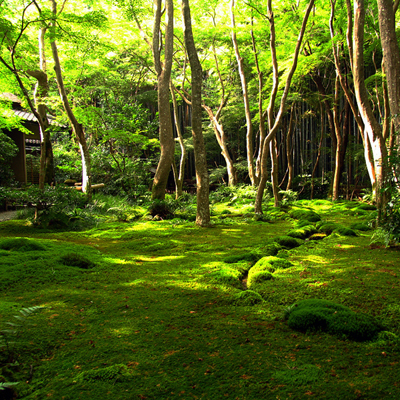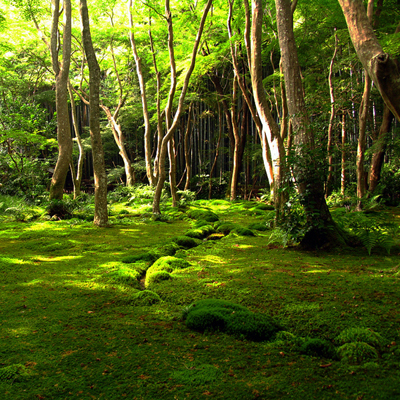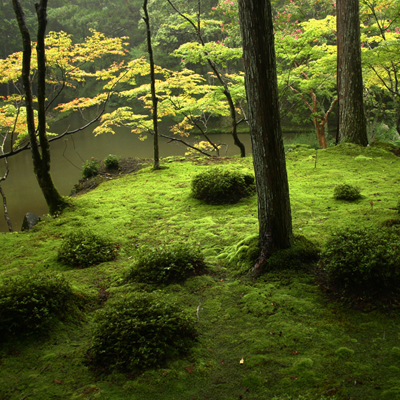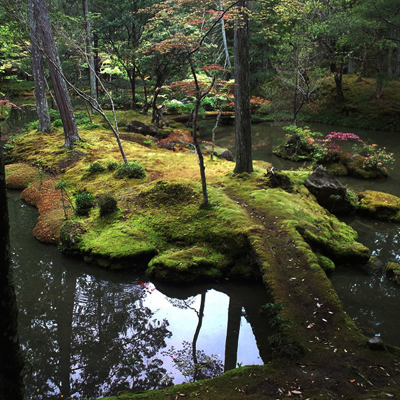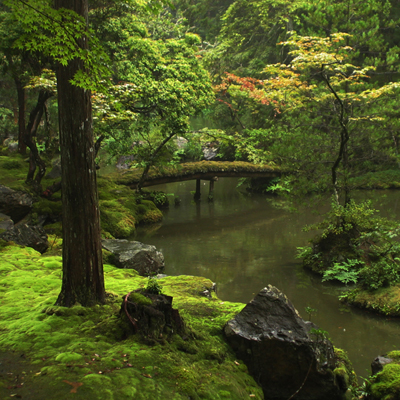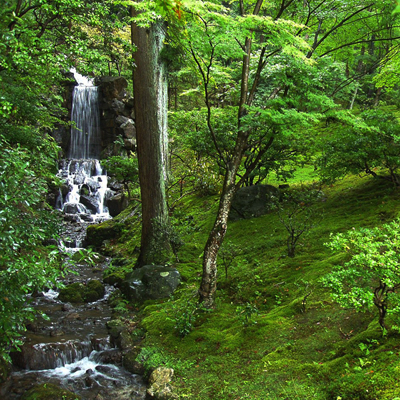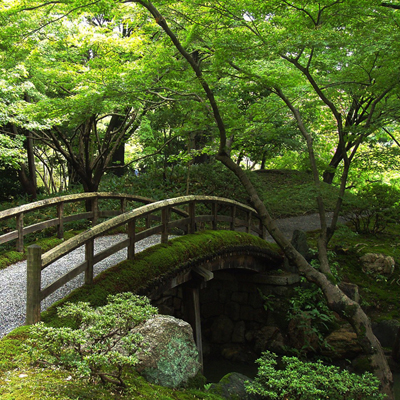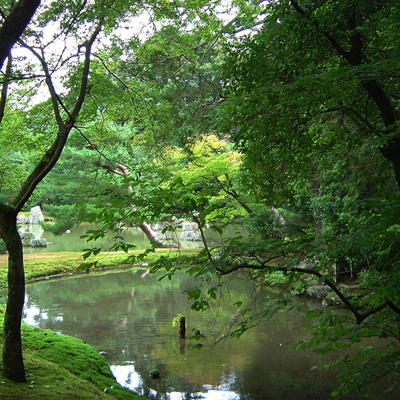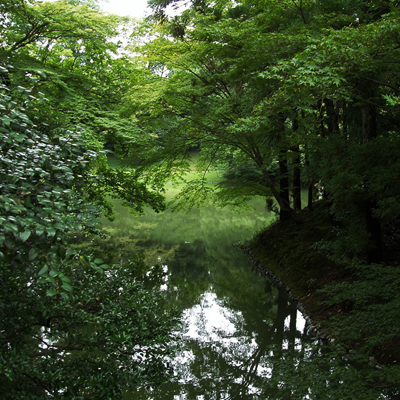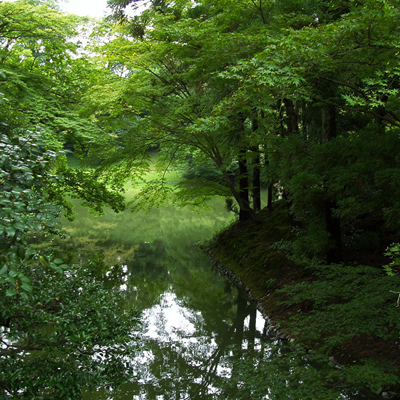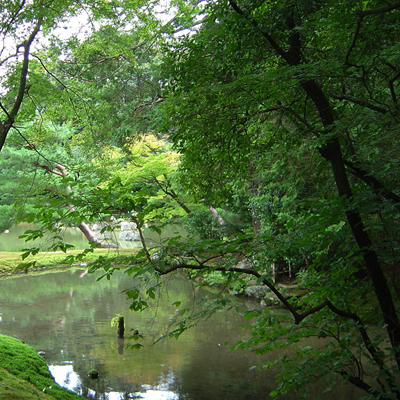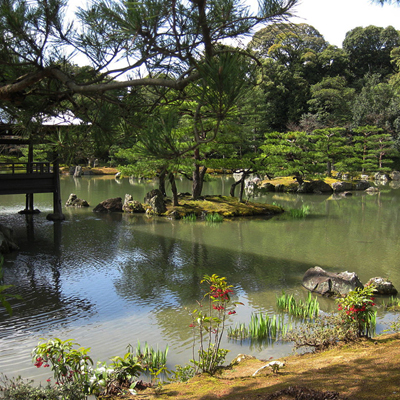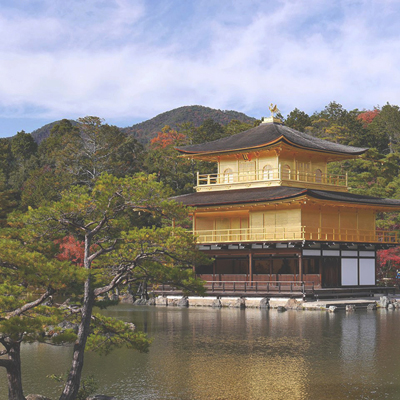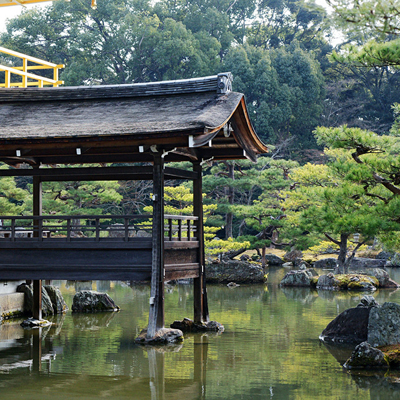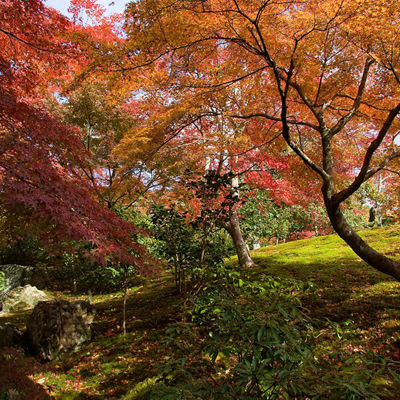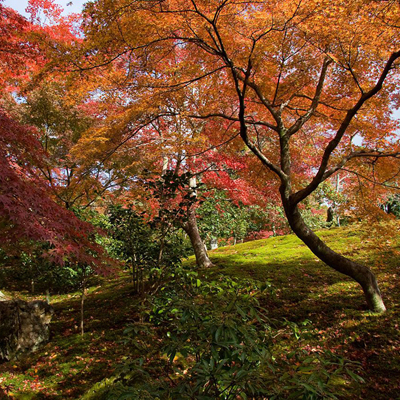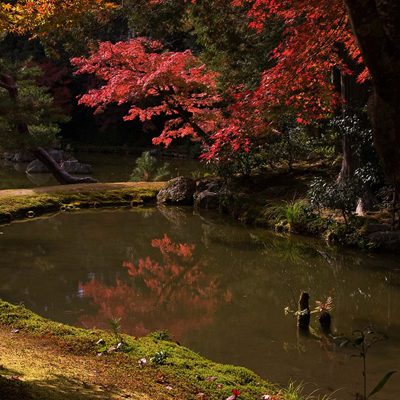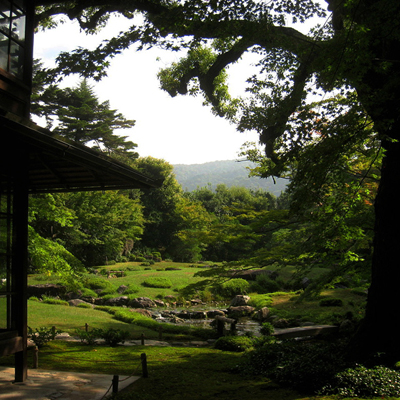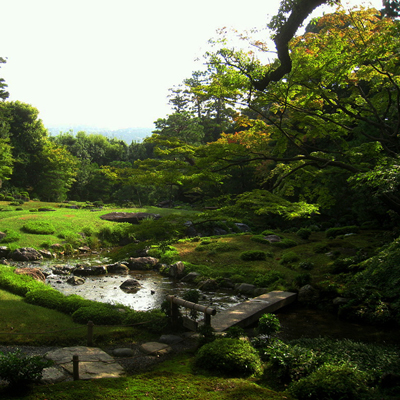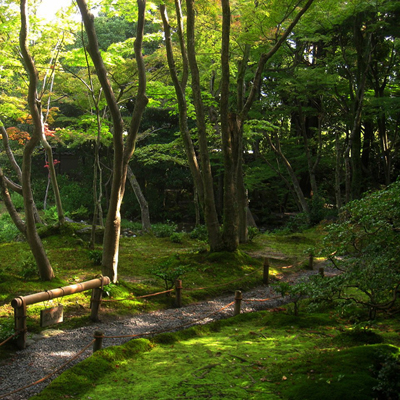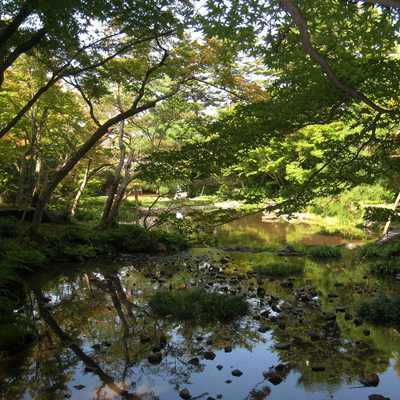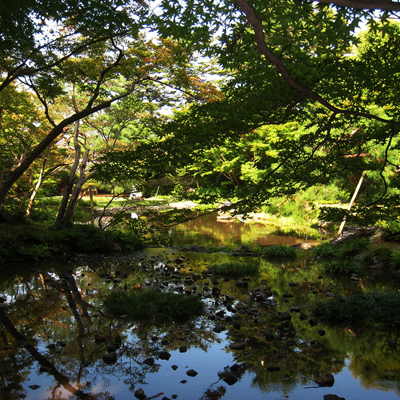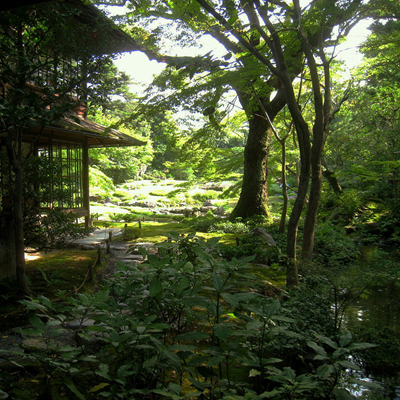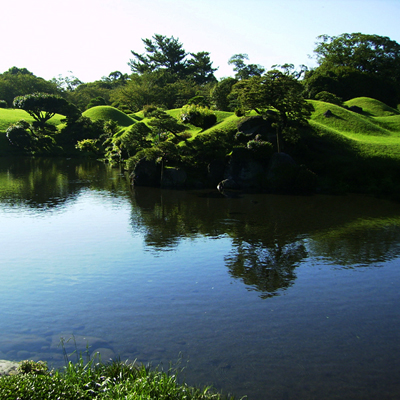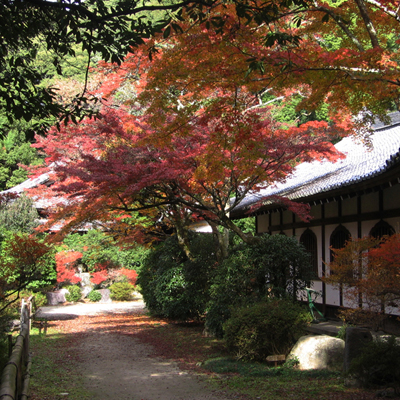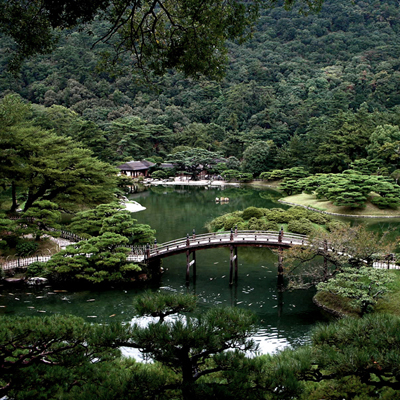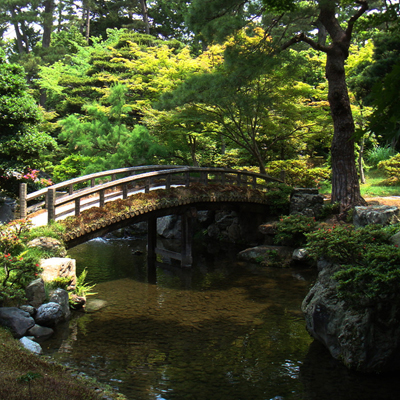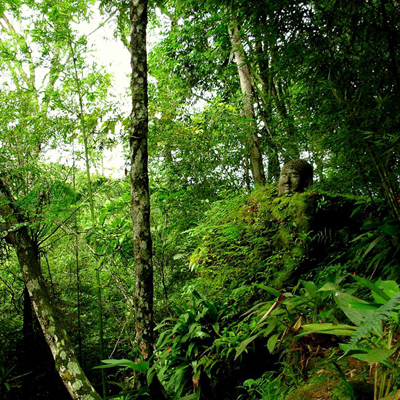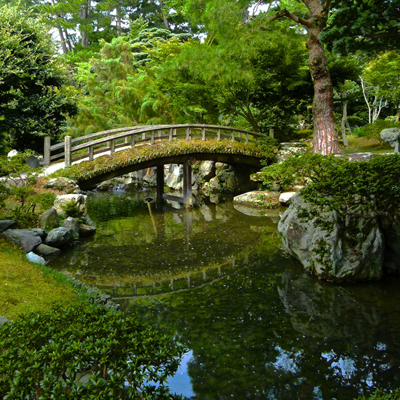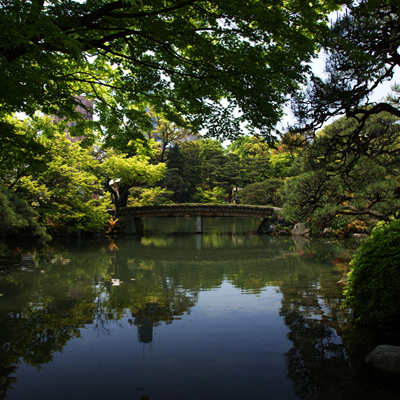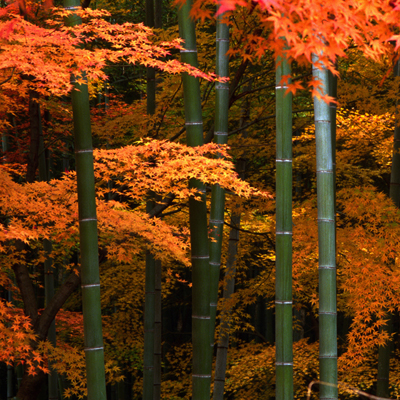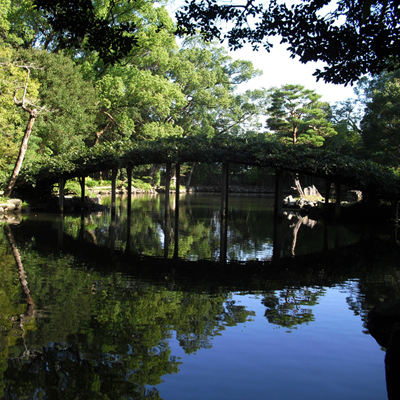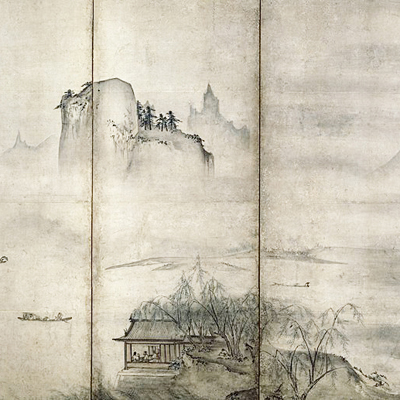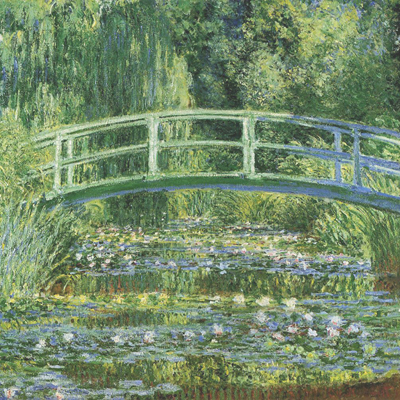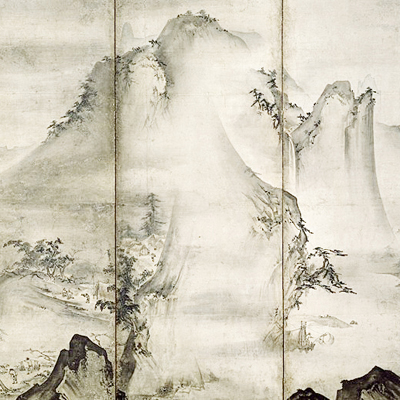Garden
- "Japanese gardens - are traditional gardens - whose designs !!!!!!!!!!!!!!!!!!!!!!!!!!!!!!!!!!!!!!!!!!!!!!!!!!!!!!!!!!!!"
_________________________________________
- "are accompanied - by spiritual - and philosophical ideas !!!!!!!!!!!!!!!!!!!!!!!!!!!!!!!!!!!!!!!!!!!!!!!!!!!!!!!!!!!!"
_________________________________________
- "highlighting the - natural landscape - and the nature !!!!!!!!!!!!!!!!!!!!!!!!!!!!!!!!!!!!!!!!!!!!!!!!!!!!!!!!!!!!"
_________________________________________
- "Japanese gardens have always been conceived - as a representation - of the natural setting !!!!!!!!!!!!!!!!!!!!!!!!!!!!!!!!!!!!!!!!!!!!!!!!!!!!!!!!!!!!"
_________________________________________
- "the Japanese - always have a - spiritual connection - with their land !!!!!!!!!!!!!!!!!!!!!!!!!!!!!!!!!!!!!!!!!!!!!!!!!!!!!!!!!!!!"
_________________________________________
- "and the spirits - that are one - with the nature !!!!!!!!!!!!!!!!!!!!!!!!!!!!!!!!!!!!!!!!!!!!!!!!!!!!!!!!!!!!"
_________________________________________
- "the main "purpose" - of a Japanese garden is - to be a space !!!!!!!!!!!!!!!!!!!!!!!!!!!!!!!!!!!!!!!!!!!!!!!!!!!!!!!!!!!!"
_________________________________________
- "that captures - the natural beauties - of the nature !!!!!!!!!!!!!!!!!!!!!!!!!!!!!!!!!!!!!!!!!!!!!!!!!!!!!!!!!!!!"
_________________________________________
- "the serenity of a Japanese landscape - and the simple - but deliberate structures !!!!!!!!!!!!!!!!!!!!!!!!!!!!!!!!!!!!!!!!!!!!!!!!!!!!!!!!!!!!"
_________________________________________
- "of the gardens - are what truly make this gardens - unique !!!!!!!!!!!!!!!!!!!!!!!!!!!!!!!!!!!!!!!!!!!!!!!!!!!!!!!!!!!!"
_________________________________________
______________________________________________________________________________
- "plants and worn - aged materials are generally "used" - by garden designers !!!!!!!!!!!!!!!!!!!!!!!!!!!!!!!!!!!!!!!!!!!!!!!!!!!!!!!!!!!!"
_________________________________________
- "to reminisce - the olden - and faraway - natural landscape !!!!!!!!!!!!!!!!!!!!!!!!!!!!!!!!!!!!!!!!!!!!!!!!!!!!!!!!!!!!"
_________________________________________
- "and to express the breakability of existence - as well as time's unstoppable advance !!!!!!!!!!!!!!!!!!!!!!!!!!!!!!!!!!!!!!!!!!!!!!!!!!!!!!!!!!!!"
_________________________________________
- "art inspires the gardens - "nihonga" - Japanese painting - "ikebana" - flower arrangement !!!!!!!!!!!!!!!!!!!!!!!!!!!!!!!!!!!!!!!!!!!!!!!!!!!!!!!!!!!!"
_________________________________________
- ""chado" - tea ceremony - "Shinto" - "Buddhist" - and Taoist - cosmological ideas !!!!!!!!!!!!!!!!!!!!!!!!!!!!!!!!!!!!!!!!!!!!!!!!!!!!!!!!!!!!"
_________________________________________
- "landscape gardener Mirei Shigemori - says "each significant garden" !!!!!!!!!!!!!!!!!!!!!!!!!!!!!!!!!!!!!!!!!!!!!!!!!!!!!!!!!!!!"
_________________________________________
- "was created - with the cutting-edge spirit - of the time !!!!!!!!!!!!!!!!!!!!!!!!!!!!!!!!!!!!!!!!!!!!!!!!!!!!!!!!!!!!"
_________________________________________
- "the quintessential element - of a Japanese garden is !!!!!!!!!!!!!!!!!!!!!!!!!!!!!!!!!!!!!!!!!!!!!!!!!!!!!!!!!!!!"
________________________________________
- "the primordial power - that is attributed - to the nature !!!!!!!!!!!!!!!!!!!!!!!!!!!!!!!!!!!!!!!!!!!!!!!!!!!!!!!!!!!!"
_________________________________________
- "the aesthetic of Japanese gardens - is influenced by the distinct characteristics !!!!!!!!!!!!!!!!!!!!!!!!!!!!!!!!!!!!!!!!!!!!!!!!!!!!!!!!!!!!"
_________________________________________
- "of the landscape - narrow valleys - mountain streams - with waterfalls !!!!!!!!!!!!!!!!!!!!!!!!!!!!!!!!!!!!!!!!!!!!!!!!!!!!!!!!!!!!"
_________________________________________
- "and cascades - lakes - and beaches of small stones !!!!!!!!!!!!!!!!!!!!!!!!!!!!!!!!!!!!!!!!!!!!!!!!!!!!!!!!!!!!"
_________________________________________
- "they are also influenced - by the rich variety - of flowers !!!!!!!!!!!!!!!!!!!!!!!!!!!!!!!!!!!!!!!!!!!!!!!!!!!!!!!!!!!!"
_________________________________________
- "and different species - of trees - particularly evergreen trees !!!!!!!!!!!!!!!!!!!!!!!!!!!!!!!!!!!!!!!!!!!!!!!!!!!!!!!!!!!!"
_________________________________________
- "and by the four distinct seasons - in Japan - including wet summers !!!!!!!!!!!!!!!!!!!!!!!!!!!!!!!!!!!!!!!!!!!!!!!!!!!!!!!!!!!!"
_________________________________________
- "the "promenade garden" - is meant to be seen - one landscape - at a time !!!!!!!!!!!!!!!!!!!!!!!!!!!!!!!!!!!!!!!!!!!!!!!!!!!!!!!!!!!!"
_________________________________________
- "like a scroll - of painted landscapes - unrolling !!!!!!!!!!!!!!!!!!!!!!!!!!!!!!!!!!!!!!!!!!!!!!!!!!!!!!!!!!!!"
_________________________________________
- "features - are hidden behind hills - trees - groves - or bamboo !!!!!!!!!!!!!!!!!!!!!!!!!!!!!!!!!!!!!!!!!!!!!!!!!!!!!!!!!!!!"
_________________________________________
- "walls - or structures - to be discovered !!!!!!!!!!!!!!!!!!!!!!!!!!!!!!!!!!!!!!!!!!!!!!!!!!!!!!!!!!!!"
_________________________________________
- "when the visitor follows - the winding path !!!!!!!!!!!!!!!!!!!!!!!!!!!!!!!!!!!!!!!!!!!!!!!!!!!!!!!!!!!!"
_________________________________________
- "landscape gardener Seyemon Kusumoto - writes "that the Japanese" !!!!!!!!!!!!!!!!!!!!!!!!!!!!!!!!!!!!!!!!!!!!!!!!!!!!!!!!!!!!"
_________________________________________
- "generate the best - of nature's handiwork !!!!!!!!!!!!!!!!!!!!!!!!!!!!!!!!!!!!!!!!!!!!!!!!!!!!!!!!!!!!"
_________________________________________
- "Japanese Gardens have their roots - in the religion of "Shinto" !!!!!!!!!!!!!!!!!!!!!!!!!!!!!!!!!!!!!!!!!!!!!!!!!!!!!!!!!!!!"
_________________________________________
- "the creation - and of the "shinchi" - the lakes of God !!!!!!!!!!!!!!!!!!!!!!!!!!!!!!!!!!!!!!!!!!!!!!!!!!!!!!!!!!!!"
_________________________________________
- "prehistoric shrines - to the "kami" - the spirits !!!!!!!!!!!!!!!!!!!!!!!!!!!!!!!!!!!!!!!!!!!!!!!!!!!!!!!!!!!!"
_________________________________________
- "are found on beaches - and in forests - all over the Japanese islands !!!!!!!!!!!!!!!!!!!!!!!!!!!!!!!!!!!!!!!!!!!!!!!!!!!!!!!!!!!!"
_________________________________________
- "Japanese gardens - are also strongly influenced - by the Buddhism !!!!!!!!!!!!!!!!!!!!!!!!!!!!!!!!!!!!!!!!!!!!!!!!!!!!!!!!!!!!"
_________________________________________
- "to live - in perfect harmony - with the nature !!!!!!!!!!!!!!!!!!!!!!!!!!!!!!!!!!!!!!!!!!!!!!!!!!!!!!!!!!!!"
_________________________________________
- "in a - perfect world !!!!!!!!!!!!!!!!!!!!!!!!!!!!!!!!!!!!!!!!!!!!!!!!!!!!!!!!!!!!"
_________________________________________
______________________________________________________________________________
______________________________________________________________________________
- Gardens of the Heian period - from 794 - to 1185 -:
_________________________________________
- "in 794 the Japanese court - moved its capital to - "Heian-kyo" - present-day Kyoto !!!!!!!!!!!!!!!!!!!!!!!!!!!!!!!!!!!!!!!!!!!!!!!!"
_________________________________________
- "the ceremonial buildings - were situated in the north - and the main garden to the south !!!!!!!!!!!!!!!!!!!!!!!!!!!!!!!!!!!!!!!!!!!!!!!!"
_________________________________________
- "there were two long wings to the south - like the arms of an armchair - with the garden between them !!!!!!!!!!!!!!!!!!!!!!!!!!!!!!!!!!!!!!!!!!!!!!!!"
_________________________________________
- "the gardens feature - one or more lakes - connected by bridges - and winding streams !!!!!!!!!!!!!!!!!!!!!!!!!!!!!!!!!!!!!!!!!!!!!!!!!!!!!!!!!!!!"
_________________________________________
- "and a large empty area - of white sand or gravel - which represents purity !!!!!!!!!!!!!!!!!!!!!!!!!!!!!!!!!!!!!!!!!!!!!!!!!!!!!!!!!!!!"
_________________________________________
- "and is a place - where God - can be invited - to visit !!!!!!!!!!!!!!!!!!!!!!!!!!!!!!!!!!!!!!!!!!!!!!!!!!!!!!!!!!!!"
_________________________________________
- "the gardens are water gardens - where visitors promenade - in elegant !!!!!!!!!!!!!!!!!!!!!!!!!!!!!!!!!!!!!!!!!!!!!!!!!!!!!!!!!!!!"
_________________________________________
- "lacquered boats - listening to music - viewing the distant mountains !!!!!!!!!!!!!!!!!!!!!!!!!!!!!!!!!!!!!!!!!!!!!!!!!!!!!!!!!!!!"
_________________________________________
- "singing - reading poetry - painting - and admiring the scenery - of the garden !!!!!!!!!!!!!!!!!!!!!!!!!!!!!!!!!!!!!!!!!!!!!!!!!!!!!!!!!!!!"
_________________________________________
- "near the end of the "Heian" period - a new garden architecture style - appears !!!!!!!!!!!!!!!!!!!!!!!!!!!!!!!!!!!!!!!!!!!!!!!!!!!!!!!!!!!!"
_________________________________________
- "these are called - "paradise gardens" !!!!!!!!!!!!!!!!!!!!!!!!!!!!!!!!!!!!!!!!!!!!!!!!!!!!!!!!!!!!"
_________________________________________
- "the best example - of a paradise garden is - "Byodo-in" - in Uji near Kyoto !!!!!!!!!!!!!!!!!!!!!!!!!!!!!!!!!!!!!!!!!!!!!!!!!!!!!!!!!!!!"
_________________________________________
- "in the lake - in front of the temple - a small island of white stones - represents "Mount Horai" !!!!!!!!!!!!!!!!!!!!!!!!!!!!!!!!!!!!!!!!!!!!!!!!!!!!!!!!!!!!"
_________________________________________
- "connected to the temple - by a bridge - which symbolizes - the way to paradise !!!!!!!!!!!!!!!!!!!!!!!!!!!!!!!!!!!!!!!!!!!!!!!!!!!!!!!!!!!!"
_________________________________________
- "it is designed - for mediation - and contemplation !!!!!!!!!!!!!!!!!!!!!!!!!!!!!!!!!!!!!!!!!!!!!!!!!!!!!!!!!!!!"
_________________________________________
- "created with landscape and architecture - in Daoist and Buddhist philosophy - and a prototype for future gardens !!!!!!!!!!!!!!!!!!!!!!!!!!!!!!!!!!!!!!!!!!!!!!!!"
_________________________________________
______________________________________________________________________________
- Kamakura and Muromachi periods - from 1185 - to 1573 -
_________________________________________
- "monks came to Japan - and brought with them - a new form of Buddhism - called simply - "Zen" !!!!!!!!!!!!!!!!!!!!!!!!!!!!!!!!!!!!!!!!!!!!!!!!"
_________________________________________
- "or "meditation" - the first Zen garden - in Japan - was built in 1251 in - "Kamakura" !!!!!!!!!!!!!!!!!!!!!!!!!!!!!!!!!!!!!!!!!!!!!!!!!!!!!!!!!!!!"
_________________________________________
- "Japan enjoyed - a renaissance in religion - in the arts - and particularly in gardens !!!!!!!!!!!!!!!!!!!!!!!!!!!!!!!!!!!!!!!!!!!!!!!!!!!!!!!!!!!!"
_________________________________________
- "many famous temple gardens - are built early in this period - including !!!!!!!!!!!!!!!!!!!!!!!!!!!!!!!!!!!!!!!!!!!!!!!!!!!!!!!!!!!!"
_________________________________________
- ""Kinkaku-ji" - the "golden pavilion" - built in 1398 !!!!!!!!!!!!!!!!!!!!!!!!!!!!!!!!!!!!!!!!!!!!!!!!!!!!!!!!!!!!"
_________________________________________
- "and "Ginkaku-ji" - the "silver pavilion" - built in 1482 !!!!!!!!!!!!!!!!!!!!!!!!!!!!!!!!!!!!!!!!!!!!!!!!!!!!!!!!!!!!"
_________________________________________
- "they follow Zen principles - of spontaneity - extreme simplicity - and moderation !!!!!!!!!!!!!!!!!!!!!!!!!!!!!!!!!!!!!!!!!!!!!!!!!!!!!!!!!!!!"
_________________________________________
- "a very notable garden style - is the Zen garden - of a monastery - to incite mediation !!!!!!!!!!!!!!!!!!!!!!!!!!!!!!!!!!!!!!!!!!!!!!!!!!!!!!!!!!!!"
_________________________________________
- "several of the famous - Zen gardens of Kyoto - are the work of one man !!!!!!!!!!!!!!!!!!!!!!!!!!!!!!!!!!!!!!!!!!!!!!!!!!!!!!!!!!!!"
_________________________________________
- ""Muso Soseki" - from 1275 - to 1351 - he is a monk !!!!!!!!!!!!!!!!!!!!!!!!!!!!!!!!!!!!!!!!!!!!!!!!!!!!!!!!!!!!"
_________________________________________
- "and responsible for the building - of the Zen gardens of - "Nanzen-ji" !!!!!!!!!!!!!!!!!!!!!!!!!!!!!!!!!!!!!!!!!!!!!!!!!!!!!!!!!!!!"
_________________________________________
- ""Saiho-ji" - the moss garden - and "Tenryu-ji" !!!!!!!!!!!!!!!!!!!!!!!!!!!!!!!!!!!!!!!!!!!!!!!!!!!!!!!!!!!!"
_________________________________________
- "the Zen gardens - are designed to portray !!!!!!!!!!!!!!!!!!!!!!!!!!!!!!!!!!!!!!!!!!!!!!!!!!!!!!!!!!!!"
_________________________________________
- "the internal rules - of the nature !!!!!!!!!!!!!!!!!!!!!!!!!!!!!!!!!!!!!!!!!!!!!!!!!!!!!!!!!!!!"
_________________________________________
______________________________________________________________________________
- the Momoyama period - from 1568 - to 1600 -
_________________________________________
- "the characteristic garden - of the "Momoyama" period - features !!!!!!!!!!!!!!!!!!!!!!!!!!!!!!!!!!!!!!!!!!!!!!!!"
_________________________________________
- "one or more ponds - or lakes - next to the main residence - or "shoin" !!!!!!!!!!!!!!!!!!!!!!!!!!!!!!!!!!!!!!!!!!!!!!!!!!!!!!!!!!!!"
_________________________________________
- "these gardens are meant - to be seen - from above !!!!!!!!!!!!!!!!!!!!!!!!!!!!!!!!!!!!!!!!!!!!!!!!!!!!!!!!!!!!"
_________________________________________
- "the lakes - are surrounded by beaches - of small stones - and decorated !!!!!!!!!!!!!!!!!!!!!!!!!!!!!!!!!!!!!!!!!!!!!!!!!!!!!!!!!!!!"
_________________________________________
- "with arrangements of boulders - with natural stone bridges - and stepping stones !!!!!!!!!!!!!!!!!!!!!!!!!!!!!!!!!!!!!!!!!!!!!!!!!!!!!!!!!!!!"
_________________________________________
- "the most famous garden of this kind - is situated near "Tokushima" - on the island of Shikoku !!!!!!!!!!!!!!!!!!!!!!!!!!!!!!!!!!!!!!!!!!!!!!!!!!!!!!!!!!!!"
_________________________________________
- "its notable features include - a bridge 10.5 meters long - made of two natural stones !!!!!!!!!!!!!!!!!!!!!!!!!!!!!!!!!!!!!!!!!!!!!!!!!!!!!!!!!!!!"
_________________________________________
- "another notable garden - of the period is - "Sanbo-in" - rebuilt by Toyotomi Hideyoshi !!!!!!!!!!!!!!!!!!!!!!!!!!!!!!!!!!!!!!!!!!!!!!!!!!!!!!!!!!!!"
_________________________________________
- "to celebrate the festival - of the cherry blossom !!!!!!!!!!!!!!!!!!!!!!!!!!!!!!!!!!!!!!!!!!!!!!!!!!!!!!!!!!!!"
_________________________________________
- "and to recreate the splendor - of the ancient garden !!!!!!!!!!!!!!!!!!!!!!!!!!!!!!!!!!!!!!!!!!!!!!!!!!!!!!!!!!!!"
_________________________________________
- "in the east of the garden - on a peninsula - is an arrangement of stones - designed to represent !!!!!!!!!!!!!!!!!!!!!!!!!!!!!!!!!!!!!!!!!!!!!!!!!!!!!!!!!!!!"
_________________________________________
- "the mythical - "Mount Horai" - a wooden bridge leads to an island - representing a crane !!!!!!!!!!!!!!!!!!!!!!!!!!!!!!!!!!!!!!!!!!!!!!!!!!!!!!!!!!!!"
_________________________________________
- "and a stone bridge - connects this island to another - representing a tortoise !!!!!!!!!!!!!!!!!!!!!!!!!!!!!!!!!!!!!!!!!!!!!!!!!!!!!!!!!!!!"
_________________________________________
- "which is connected - by an earth-covered bridge - back to the peninsula !!!!!!!!!!!!!!!!!!!!!!!!!!!!!!!!!!!!!!!!!!!!!!!!!!!!!!!!!!!!"
_________________________________________
- "the garden also includes - a waterfall - at the foot of a wooded hill !!!!!!!!!!!!!!!!!!!!!!!!!!!!!!!!!!!!!!!!!!!!!!!!!!!!!!!!!!!!"
_________________________________________
- "the "Momoyama" period - also sees the development of the - "chanoyu" - tea ceremony !!!!!!!!!!!!!!!!!!!!!!!!!!!!!!!!!!!!!!!!!!!!!!!!!!!!!!!!!!!!"
_________________________________________
- "the "chashitsu" - teahouse - and the "roji" - tea garden !!!!!!!!!!!!!!!!!!!!!!!!!!!!!!!!!!!!!!!!!!!!!!!!!!!!!!!!!!!!"
_________________________________________
- "the first great tea master - "Sen no Rikyu" - from 1522 - to 1591 - defines in the most minute detail !!!!!!!!!!!!!!!!!!!!!!!!!!!!!!!!!!!!!!!!!!!!!!!!!!!!!!!!!!!!"
_________________________________________
- "the appearance and rules - of the tea house - and tea garden - following the principle !!!!!!!!!!!!!!!!!!!!!!!!!!!!!!!!!!!!!!!!!!!!!!!!!!!!!!!!!!!!"
_________________________________________
- "of "wabi" - sober refinement - and calm !!!!!!!!!!!!!!!!!!!!!!!!!!!!!!!!!!!!!!!!!!!!!!!!!!!!!!!!!!!!"
_________________________________________
- "it is a small - and very plain - wooden structure !!!!!!!!!!!!!!!!!!!!!!!!!!!!!!!!!!!!!!!!!!!!!!!!!!!!!!!!!!!!"
_________________________________________
- "often with a thatched roof - with just enough room inside - for two "tatami" mats !!!!!!!!!!!!!!!!!!!!!!!!!!!!!!!!!!!!!!!!!!!!!!!!!!!!!!!!!!!!"
_________________________________________
- "a path - leads to the entrance - of the tea house !!!!!!!!!!!!!!!!!!!!!!!!!!!!!!!!!!!!!!!!!!!!!!!!!!!!!!!!!!!!"
_________________________________________
- "along the path is a small - square door called - "nijiri-guchi" - or "crawling-in entrance" !!!!!!!!!!!!!!!!!!!!!!!!!!!!!!!!!!!!!!!!!!!!!!!!!!!!!!!!!!!!"
_________________________________________
- "which requires - bending low - to pass through !!!!!!!!!!!!!!!!!!!!!!!!!!!!!!!!!!!!!!!!!!!!!!!!!!!!!!!!!!!!"
_________________________________________
______________________________________________________________________________
- the Edo period - from 1615 - to 1867 -
_________________________________________
- "the "Edo" period saw the use - of a new kind of Japanese architecture !!!!!!!!!!!!!!!!!!!!!!!!!!!!!!!!!!!!!!!!!!!!!!!!"
_________________________________________
- "called "Sukiya-zukuri" - which means literally - "building according to chosen taste" !!!!!!!!!!!!!!!!!!!!!!!!!!!!!!!!!!!!!!!!!!!!!!!!"
_________________________________________
- "the "Sukiya" style - is used in the garden - of the "Katsura imperial villa" - in Kyoto !!!!!!!!!!!!!!!!!!!!!!!!!!!!!!!!!!!!!!!!!!!!!!!!!!!!!!!!!!!!"
_________________________________________
- "the buildings are built - in a very simple - undecorated style !!!!!!!!!!!!!!!!!!!!!!!!!!!!!!!!!!!!!!!!!!!!!!!!!!!!!!!!!!!!"
_________________________________________
- "and they open up - onto the garden !!!!!!!!!!!!!!!!!!!!!!!!!!!!!!!!!!!!!!!!!!!!!!!!!!!!!!!!!!!!"
_________________________________________
- "so that the garden - is an entirely part - of the building !!!!!!!!!!!!!!!!!!!!!!!!!!!!!!!!!!!!!!!!!!!!!!!!!!!!!!!!!!!!"
_________________________________________
- "whether the visitor - is inside - or outside - of the building !!!!!!!!!!!!!!!!!!!!!!!!!!!!!!!!!!!!!!!!!!!!!!!!!!!!!!!!!!!!"
_________________________________________
- "he always has a feeling - he is in the center - of the nature !!!!!!!!!!!!!!!!!!!!!!!!!!!!!!!!!!!!!!!!!!!!!!!!!!!!!!!!!!!!"
_________________________________________
- "the garden buildings - are arranged so that are seen - from a diagonal !!!!!!!!!!!!!!!!!!!!!!!!!!!!!!!!!!!!!!!!!!!!!!!!!!!!!!!!!!!!"
_________________________________________
- "rather than straight on - this arrangement has the poetic name !!!!!!!!!!!!!!!!!!!!!!!!!!!!!!!!!!!!!!!!!!!!!!!!!!!!!!!!!!!!"
_________________________________________
- ""ganko" - which means literally - "a formation of wild geese in flight" !!!!!!!!!!!!!!!!!!!!!!!!!!!!!!!!!!!!!!!!!!!!!!!!!!!!!!!!!!!!"
_________________________________________
- "the gardens of the "Edo" period - are often promenade gardens !!!!!!!!!!!!!!!!!!!!!!!!!!!!!!!!!!!!!!!!!!!!!!!!!!!!!!!!!!!!"
_________________________________________
- "and make use of - borrowing of scenery - "shakkei" !!!!!!!!!!!!!!!!!!!!!!!!!!!!!!!!!!!!!!!!!!!!!!!!!!!!!!!!!!!!"
_________________________________________
- "vistas of distant mountains - are integrated - in the design - of the garden !!!!!!!!!!!!!!!!!!!!!!!!!!!!!!!!!!!!!!!!!!!!!!!!!!!!!!!!!!!!"
_________________________________________
- "or - even better - building the garden - on the side of a mountain !!!!!!!!!!!!!!!!!!!!!!!!!!!!!!!!!!!!!!!!!!!!!!!!!!!!!!!!!!!!"
_________________________________________
- "and using the different elevations - to attain views - over landscapes - outside the garden !!!!!!!!!!!!!!!!!!!!!!!!!!!!!!!!!!!!!!!!!!!!!!!!!!!!!!!!!!!!"
_________________________________________
- ""Edo" promenade gardens - were often composed - of a series of "meisho" - or "famous views" !!!!!!!!!!!!!!!!!!!!!!!!!!!!!!!!!!!!!!!!!!!!!!!!"
_________________________________________
- "but these "Edo" gardens - were "only" designed - to portray the nature - as it appeared !"
_________________________________________
______________________________________________________________________________
JAPANESE GARDEN - Wikipedia EN: LINK ¤ JAPANESE GARDEN
______________________________________________________________________________
